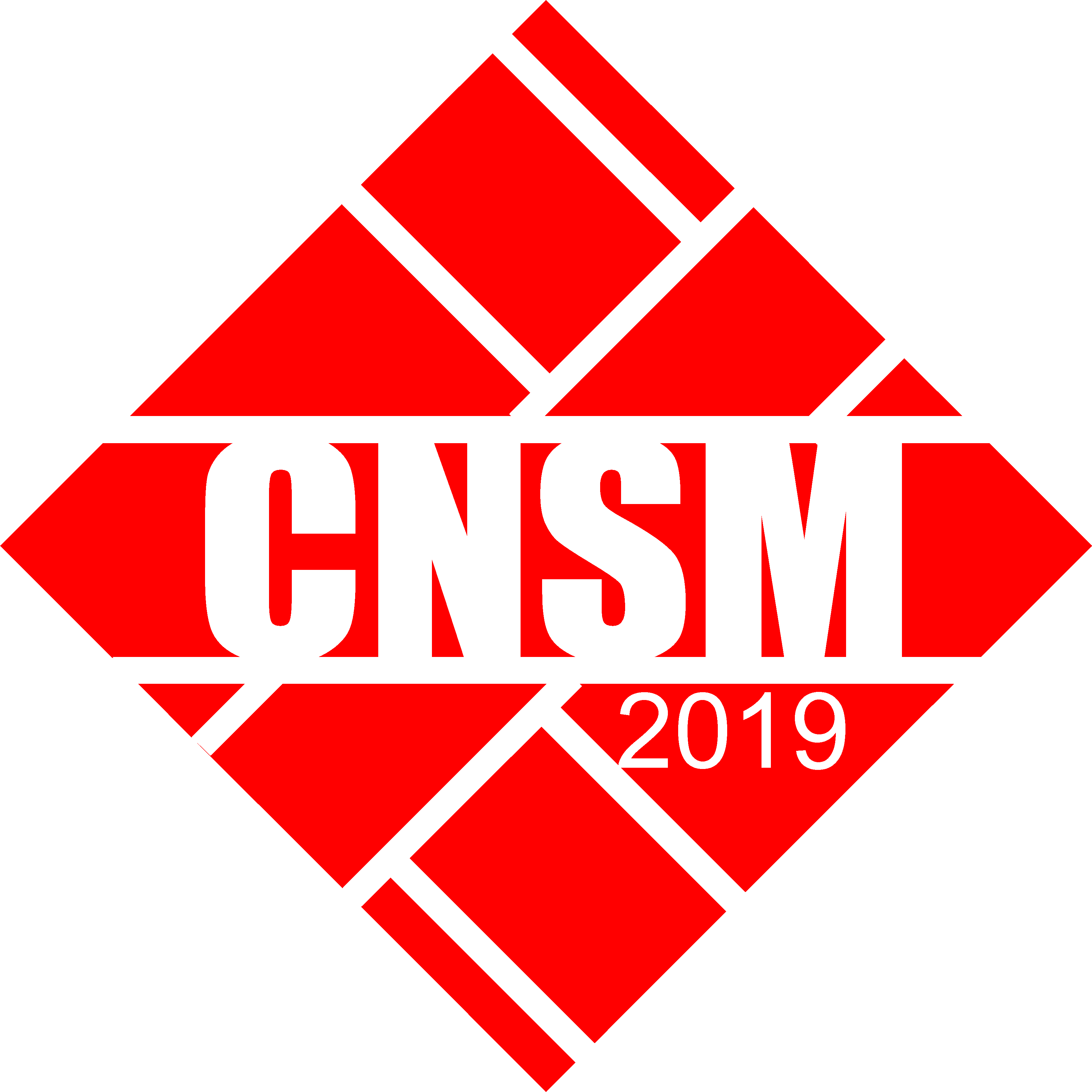CNSM 2018 Keynote Talks
Tuesday, 22 October 2019
Keynote Session 1
Title: AI for Systems, Systems for AI
Speaker: Xue (Steve) Liu, McGill University, Montreal, Canada
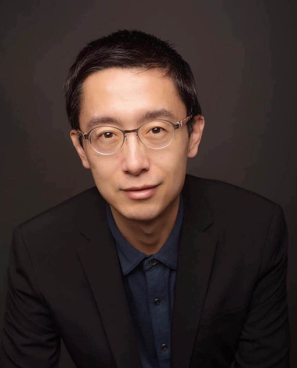
Bio: Dr. Xue Liu is a Full Professor and a William Dawson Scholar in the School of Computer Science at McGill University. He is also a VP RD, Chief Scientist, and Co-Director of the Samsung AI Montreal. Before that, he served as the Chief Scientist at Tinder Inc. from 2016 to 2019, leading the research and innovation for the world's largest dating and social discovery app valued over 10 Billion US$. Dr. Liu received his Ph.D. in Computer Science with multiple distinctions from the University of Illinois at Urbana-Champaign. His research interests are in computer systems and networks, AI and machine learning, IoT, and sustainability. He has published over 300 research papers in major peer-reviewed international journals and conference proceedings and received several best paper awards. Dr. Liu's research has been reported by news media including the New York Times, IDG/Computer World, The Register, Business Insider, Huffington Post, CBC, NewScientist, etc. Dr. Liu is a recipient of several awards including the Mitacs Award for Exceptional Leadership – Professor from MITACS, Tomlinson Science Award from McGill University, and Outstanding Young Canadian Computer Science Researcher Prizes from the Canadian Association of Computer Science. He is serving or has served on the editorial boards of ACM Transactions on Cyber-Physical Systems (TCPS), IEEE/ACM Transactions on Networking (ToN), IEEE Transactions on Parallel and Distributed Systems (TPDS), IEEE Transactions on Vehicular Technology (TVT), and IEEE Communications Surveys and Tutorials (COMST). He has severed on the organizing committees of over 40 major international conferences and workshops, including ACM/IEEE CPS-IoT Week, ACM/IEEE ICCPS, ACM e-Energy, ACM SenSys, IEEE RTSS, IEEE RTAS, IEEE INFOCOM and received several service awards.
Abstract: Recent years witnessed the successful resurgence of artificial intelligence. Deep learning and other machine learning methods have brought amazing breakthroughs in many areas, including computer vision, speech recognition, and natural language processing. Artificial intelligence has become a disruptive technology in the information era. In this talk, I will discuss the interaction of AI and system research. I will use a few recent examples to demonstrate that they are crucial in advancing each other: On the one hand, AI techniques are particularly useful to solve challenging problems in systems and network management; On the other hand, we need to improve the current system solutions and even design and build new systems to make AI more effective and efficient. Finally, I argue that the positive cycle of advancing AI and the underlying systems that support it will lead to highly autonomous and intelligence systems for the future.
Keynote Session 2
Title: Evolvement of AI: Paradigm Shift in Cybersecurity
Speaker: Gabi Dreo Rodosek, Bundeswehr University Munich, Germany
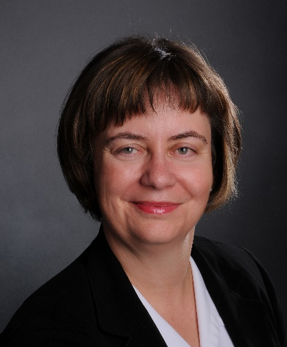
Bio: Gabi Dreo Rodosek is the Executive Director of the Research Institute CODE (Cyber Defence) and holds the Chair for Communication Systems and Network Security at the Bundeswehr University Munich. She is the coordinator of the EU project CONCORDIA, member of the Digital Council of the German Ministry of Defence, member of the the Supervisory and Advisory Board of Giesecke & Devrient GmbH, member of the Advisory Board of the BWI GmbH, member of the Advisory Board of the Siltronic AG and member of several other boards. In 2016 she was awarded the European Medal from the Bavarian Minister for European Affairs and International Relations.
Abstract: The evolvement of AI, resp. machine learning is constantly changing the dynamics of cybersecurity. AI has the potential to accelerate the volume of attacks and allow to enhance attackers’ abilities to preserve anonymity. AI-enabled technology has the potential to create new opportunities for attackers to infere with critical business processes. The asymmetry of the attack -- defenders need to stop all attacks, while attackers need to exploit just one vulnerability -- needs to be changed. The keynote addresses challenges and research areas that need to be addressed with an AI-enabled technology in the area of cybersecurity to be able to master the ever-changing cyberthreat landscape.
Wednesday, 23 October 2019
Keynote Session 3
Title: Mobile AR/VR with Edge-based Deep Learning 
Speaker: Jiasi Chen, University of California, Riverside, USA
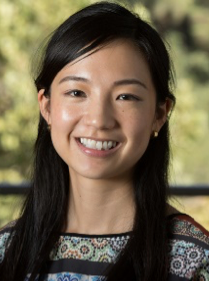
Bio: Jiasi Chen is an Assistant Professor in the Dept. of Computer Science & Engineering at the University of California, Riverside. She received her Ph.D. from Princeton University and her B.S. from Columbia University, with work experience at AT&T Labs Research and NEC Labs America. Her research interests include edge computing, wireless/mobile networks, and multimedia networking, with a recent focus on machine learning at the network edge to aid AR/VR applications. She is a recipient of the Hellman Fellowship and the UCR Regents Faculty Fellowship.
Abstract: Augmented and virtual reality (AR/VR) are at the frontier of mobile computing. While AR/VR applications are gaining popularity today, the technologies to support these applications are far from mature. This talk will first outline the current state of mobile AR/VR platforms, including what functionality is currently available, what is needed/desired, and how edge computing can support the low latency and high bandwidth requirements of AR/VR. Next, the talk will discuss the role of deep learning to support AR/VR through two examples: object detection for AR, and user behavior prediction for VR, along with their associated systems, control, and management challenges. Finally, the talk will conclude with future directions for networked AR/VR.
Keynote Session 4
Title: Network 2030 and New IP 
Speaker: Richard Li, Futurewei, Santa Clara, USA

Bio: Dr. Richard Li is Chief Scientist and Vice President of Network Technologies at Futurewei Technologies Inc., Huawei R&D USA. Richard also serves as the Chairman of the ITU-T FG Network 2030 and as the Vice Chairman of the European ETSI ISG NGP (Next-Generation Protocols). Prior to joining Futurewei in late 2007, he worked with Cisco and Ericsson in the field of networking technologies, standards, solutions and operating systems. Richard is extremely passionate about advances in data communications and solving problems in their entirety, thus creating a bigger and long-term impact on the networking industry. During his career, Richard spearheaded network technology innovation and development in Routing and MPLS, Mobile Backhaul, Metro and Core Networks, Data Center, Cloud and Virtualization. He holds 50+ US patents granted and 80+ US patents pending. Currently he leads a department of scientists and engineers to develop technologies for next-generation network architectures, protocols, algorithms, and systems in the support of forward-looking applications and industry verticals that are expected to bring the digital society to a higher level.
Abstract: Recent years have witnessed gradual architectural and infrastructural evolution in internetworking technology. Future applications will require advanced mechanisms such as high-precision communications and holographic type communications, which will stretch current technology beyond its limits. This talk analyzes the current Internet’s constraints and limitations. It subsequently identifies new underlying design principles, defines a set of new network layer services, and outlines a new framework for a new network layer protocol that extends IP in order to evolve an essentially best-effort network to a high-precision one. This new network layer protocol will power the next wave of future networking applications and various vertical industries. The talk will also touch on related ramifications, challenges, and opportunities for network and service management.
Thursday, 24 October 2019
Keynote Session 5
Title: The Role of Machine Learning in Network Automation 
Speaker: Alberto Leon-Garcia, University of Toronto, Canada

Bio: Alberto Leon-Garcia is Professor in Electrical and Computer Engineering at the University of Toronto. He is a Fellow of the Institute of Electronics an Electrical Engineering "For contributions to multiplexing and switching of integrated services traffic". He authored the textbooks: Probability and Random Processes for Electrical Engineering, and Communication Networks: Fundamental Concepts and Key Architecture. Leon-Garcia was Founder and CTO of AcceLight Networks in Ottawa from 1999 to 2002. He was Scientific Director of the NSERC Strategic Network for Smart Applications on Virtual Infrastructures (SAVI), and Principal Investigator of the project on Connected Vehicles and Smart Transportation. SAVI has designed and deployed a national testbed in Canada that converges cloud computing and software-defined networking. CVST has designed and deployed an application platform for smart transportation. Leon-Garcia is Founder and CEO of StreamWorx.ai which offers massive-scale real-time streaming, analytics, and machine learning for network operations and cybersecurity applications.
Abstract: The softwarization of networks provides the flexibility and agility for automating networks to deal with the complexity and to reduce the cost of delivering an increasingly complex portfolio of applications. In this talk we consider the role of machine learning in network automation. In particular, we consider the role of ML in the variety of MAPE-K loops that are required to monitor, analyze, plan, and execute resource control actions to deliver the enabling network services in support of applications. We examine the design, placement, and implementation of machine learning within these loops in network automation, and we discuss several open problems.
Keynote Session 6
Title: Big Data in Network and Service Management: An Opportunity for Synergy
Speaker: Stan Matwin, Dalhousie University, Canada
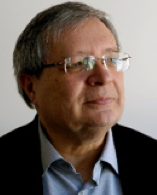
Bio: Stan Matwin is the Professor and Canada Research Chair (Tier 1), and the Director of the Institute for Big Data Analytics at Dalhousie University, Canada. Internationally recognized for his work in Machine Learning and Artificial Intelligence, he has authored and co-authored more than 300 refereed papers, supervised more than 70 graduate students, and taught Data Science on four continents. He is the Coordinator for the Applications Area of the Springer Encyclopedia of Machine Learning, and one of the founders of Ocean Data Science Inc., a new Canadian start-up. He is a Fellow of the European Coordinating Committee for AI, a Fellow of the Canadian AI Society (CAIAC), and a recipient of the CAIAC Lifetime Achievement Award.
Abstract: We will present briefly the history and the major dimensions of Big Data: Volume, Velocity, Variety and Veracity. We will ground that discussion with some examples of current work at the Institute for Big Data Analytics at Dalhousie University. We will outline developments in Big Data areas particularly relevant to the theme of the conference, i.e. stream data management and data analysis of spatio-temporal data. We will then discuss examples the impactful use of Big Data and Machine Learning techniques in network operations and management (OaM), specifically in traffic prediction and resource management, including QoS management. We will illustrate some of the current advances in promising data compression methods, relevant for data sharing with privacy constraints. We will round up the talk with some early thoughts about the use of bitchain technologies in OaM and about future research opportunities at the intersection of Data Science and Network and Service Management.
